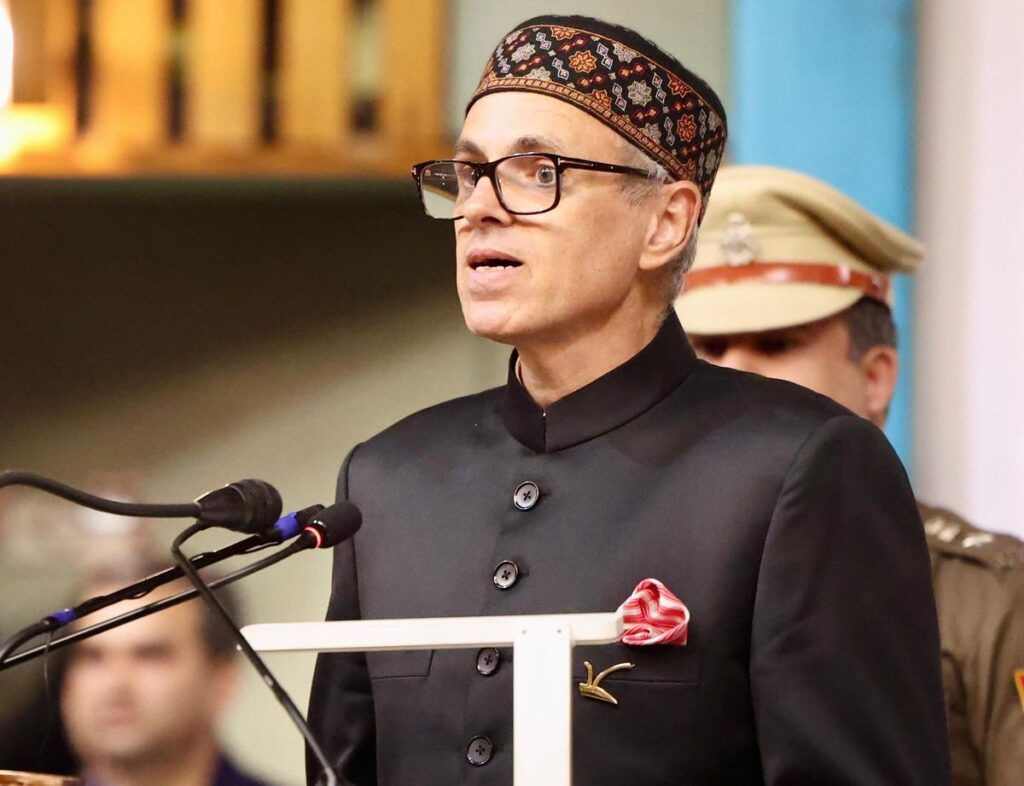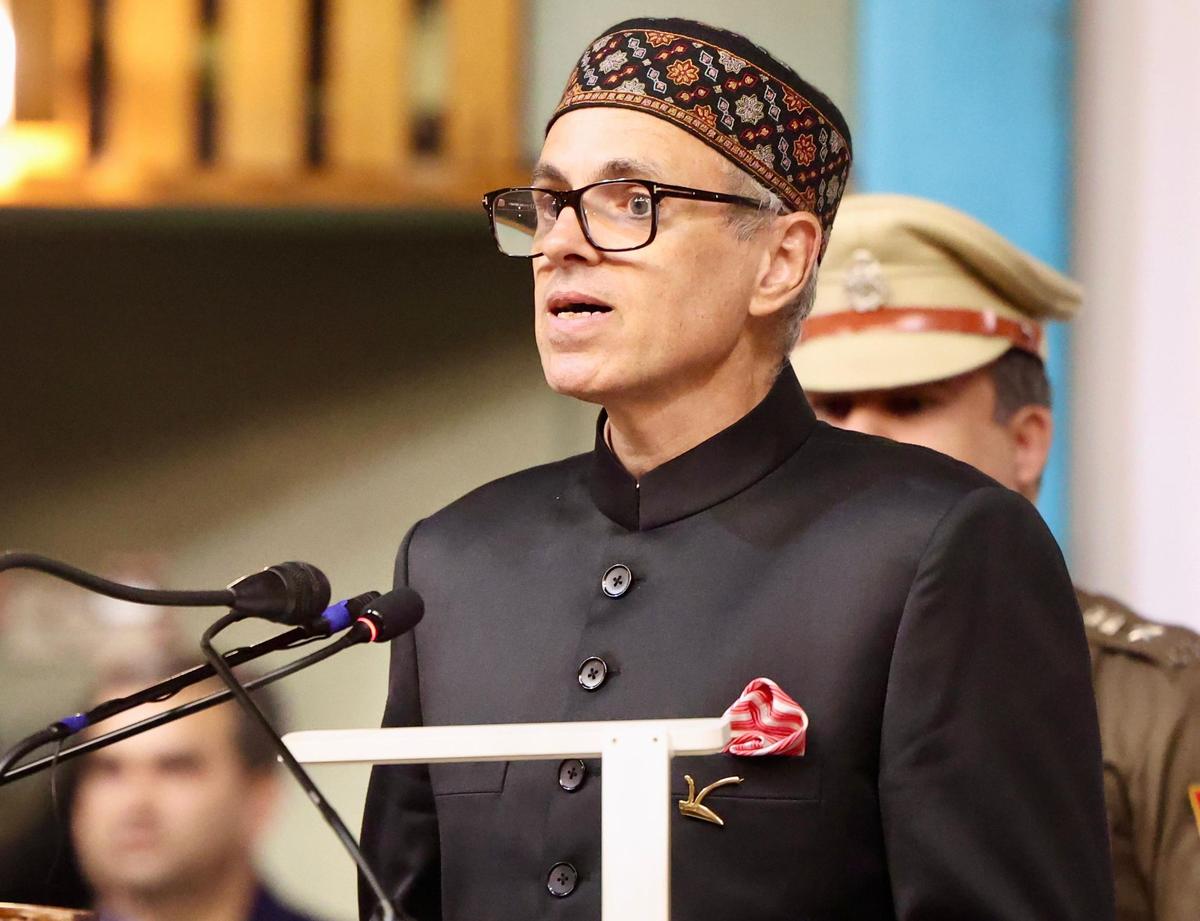Omar Abdullah, after being sworn in as the Chief Minister of Jammu and Kashmir, made his first bold decision that caught the attention of many—declaring that there would be no special “Green Corridor” for VIP movement. This move reflects Abdullah’s intention to break away from the elite privilege system and align more with the public, showing his commitment to inclusivity and equal governance.

Breaking the Tradition
In a state where VIP culture has often created roadblocks and delays for ordinary citizens, Omar Abdullah’s decision to not use the Green Corridor, a practice that allows VIP convoys to travel without disruption, marks a significant shift. Traditionally, high-profile officials, including CMs, would benefit from a special traffic lane to ensure their movement through the congested streets of Srinagar and other parts of the state. However, Abdullah’s refusal to embrace this privilege signals a new leadership style—one that emphasizes equal treatment for all residents.
A Symbol of Change
Omar Abdullah’s first decision speaks volumes about his priorities as a leader. By refusing the Green Corridor, he is sending a clear message that his government will not prioritize the comforts of a few at the expense of the many. This is seen as a symbolic yet powerful move, showing his intent to lead by example and reduce the gap between the government and the public.
Abdullah’s decision was met with praise from many, especially those who had long been frustrated by the disruptions caused by VIP movement. In a region where political leaders are often viewed as distant from the common people, this act of foregoing special treatment is a significant gesture aimed at regaining public trust.
Public Reaction
The public, especially the youth of Jammu and Kashmir, has responded positively to this first decision. Many see it as a refreshing change, appreciating Abdullah’s attempt to tackle the prevalent VIP culture in the state. Social media was abuzz with support, with citizens expressing their hopes that this would be the beginning of a more inclusive and down-to-earth governance approach.
Conclusion: A Leadership for the People
Omar Abdullah’s decision to refuse the Green Corridor on his first day as Chief Minister is not just a break from tradition but a statement about his leadership style. It reflects his desire to build a government that stands with the people and moves away from the privileges often associated with political power. This first move sets the tone for a term that promises to be more focused on public welfare and equality, reinforcing Abdullah’s image as a leader who truly listens to the people.
